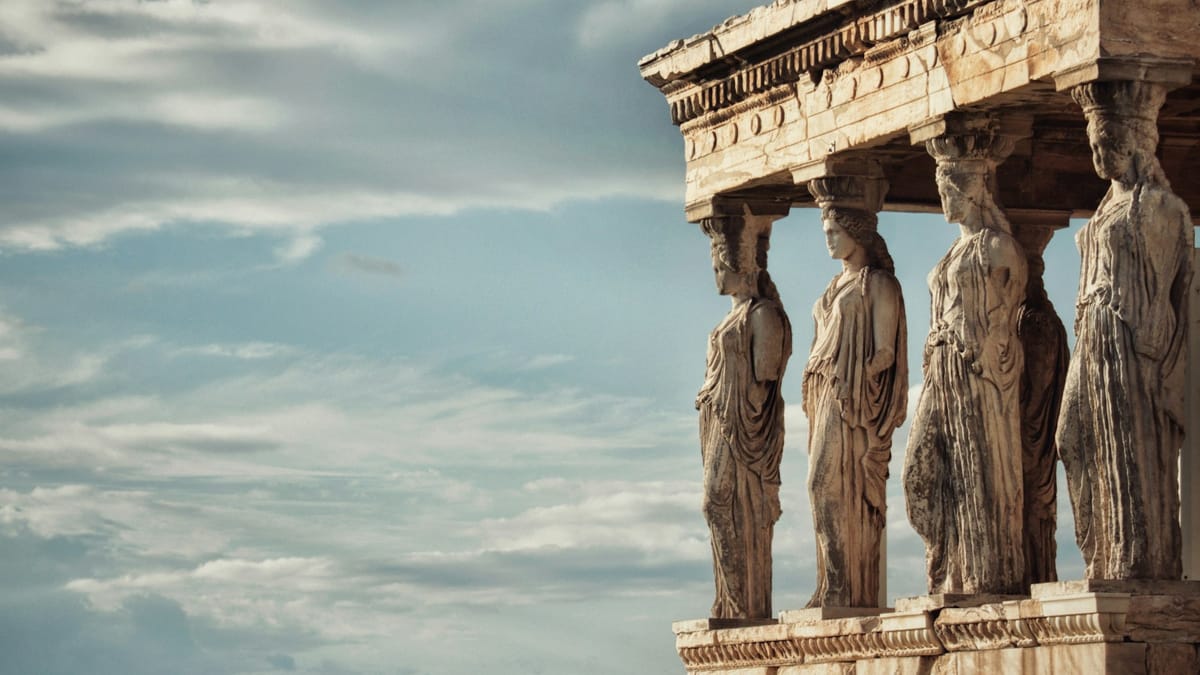Women in the Guardian Class: Reflections from Plato’s Republic

As I continued reading The Republic, I came across the section where Socrates addresses the role of women in the Guardian class. What stood out immediately was the hesitation in the text, as if he were speaking against the norms of his time. As we read, it's important to remember that this text was written in approximately 375 B.C.
Despite cultural expectations, Socrates begins to refute the idea that men and women are fundamentally different in ways that justify them being assigned different occupations.
Socrates on Gender and Natural Ability
Socrates acknowledges a few biological distinctions between the sexes: women bear children, men beget them, and women are generally physically weaker. Beyond these, however, he argues that individuals, regardless of sex, will have natural inclinations and talents that make them better suited for certain tasks. Just as some men might not be well-suited for carpentry or war, some women may excel in those very fields. He uses cooking as an example, a traditionally feminine task, noting that many men also succeed at it.
The logic follows that if a woman demonstrates both the interest and the capability to perform a certain role, she should be allowed and encouraged to pursue it. In this sense, Socrates appears to argue that women are just as capable as men when it comes to serving as Guardians, provided they meet the necessary standards.
Philosophy Without a Religious Lens
This perspective is especially interesting to me because Plato’s vision seems largely uninfluenced by religious doctrine. In many Semitic religious traditions, gender roles are grounded in divine decree. Women are often treated as subordinate to men not due to rational analysis, but because it is believed that God ordained it so.
Plato, in contrast, builds his argument from a purely rational perspective. His proposed society may be utopian and theoretical, but it offers an interesting alternative to the hierarchies defined by religious or cultural norms that we are currently accustomed to.
A Point of Disagreement
Although I can appreciate this perspective, especially for its time, I find myself disagreeing with it in principle. My own view is that men and women are not strictly equal, but complementary. Each possesses unique traits that, when joined together in partnership, create a more balanced and complete whole.
This complementarity is the foundation of the union between man and wife, where their differing strengths and dispositions support and elevate one another. Socrates may suggest a more utilitarian model where role is determined purely by ability, but I believe that understanding and honoring the differences between the sexes provides a more holistic and meaningful approach to human society.
Simultaneously, I do share that both men and women can (and will) have a natural proclivity towards a variety of interests and that they shouldn't be separated from those interests simply because of the situation of their sex.
Closing
The Republic continues to be an interesting read in its effort to construct an ideal society. I often find myself making comparisons between its ideas and those within our own Constitutional Republic. Even without those parallels, the concepts presented challenge many assumptions we hold about how society should function. As I come across more points of interest, I’ll continue to share my incoherent ramblings in hopes of further exploring these ideas.
Thank you,
~Austin

